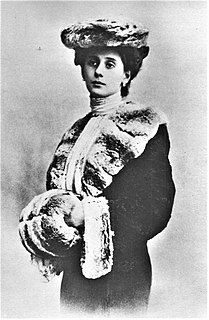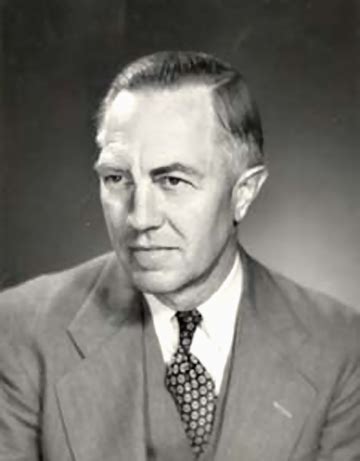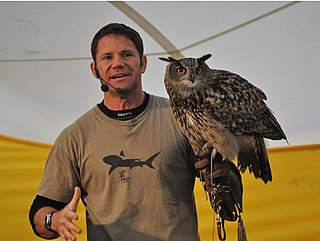A Quote by Stephen Jay Gould
I am particularly fond of [Emmanuel Mendes da Costa's] Natural History of Fossils because this treatise, more than any other work written in English, records a short episode expressing one of the grand false starts in the history of natural science and nothing can be quite so informative and instructive as a juicy mistake.
Related Quotes
I can no more explain why I like "natural history" than why I like California canned peaches; nor why I do not care for that enormous brand of natural history which deals with invertebrates any more than why I do not care for brandied peaches. All I can say is that almost as soon as I began to read at all I began to like to read about the natural history of beasts and birds and the more formidable or interesting reptiles and fishes.
The president, who finds so much to complain about in other areas of the world, apparently saw nothing wrong in recognizing a Communist regime that has killed more people in its short history of control over the teeming millions of that great country than any other collection of dictators or tyrants in the history of the world.
Darwin's book is very important and serves me as a basis in natural science for the class struggle in history. One has to put up with the crude English method of development, of course. Despite all deficiencies not only is the death-blow dealt here for the first time to 'teleology' in the natural sciences, but their rational meaning is empirically explained.
Almost everyone... seems to be quite sure that the differences between the methodologies of history and of the natural sciences are vast. For, we are assured, it is well known that in the natural sciences we start from observation and proceed by induction to theory. And is it not obvious that in history we proceed very differently? Yes, I agree that we proceed very differently. But we do so in the natural sciences as well.
It is one thing to say that science is only equipped to test for natural causes and cannot speak to any others. It is quite another to insist that science proves that no other causes could possibly exist. . . . There would be no experimental model for testing the statement: 'No supernatural cause for any natural phenomenon is possible.' It is therefore a philosophical presupposition and not a scientific finding.
I think I regard any history in quotes, because just like science, we're constantly revising science, we're constantly revising history. There's no question that various victors throughout history have flat out lied about certain events or written themselves into things, and then you come along and you find out that this disproves that.
I look at the natural geological record as a history of the world imperfectly kept and written in a changing dialect; of this history we possess the last volume alone, relating only to two or three countries. Of this volume, only here and there a short chapter has been preserved; and of each page, only here and there a few lines.




































